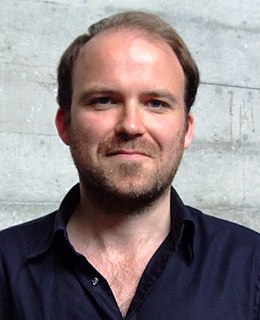A Quote by Meghan O'Rourke
'Hamlet' is a play about a man whose grief is deemed unseemly.
Related Quotes
Much of Hamlet is about the precise kind of slippage the mourner experiences: the difference between being and seeming, the uncertainty about how the inner translates into the outer, the sense that one is expected to perform grief palatably. (If you don’t seem sad, people worry; but if you are grief-stricken, people flinch away from your pain.)
Hamlet 's character is the prevalence of the abstracting and generalizing habit over the practical. He does not want courage, skill, will, or opportunity; but every incident sets him thinking; and it is curious, and at the same time strictly natural, that Hamlet, who all the play seems reason itself, should he impelled, at last, by mere accident to effect his object. I have a smack of Hamlet myself, if I may say so.
The instructor has to teach history, cosmogony, psychology, ethics, the laws of nations. How can he do it without saying anything favorable or unfavorable about the beliefs of evangelical Christians, Catholics, Socinians, Deists, pantheists, materialists, or fetish worshipers, who all claim equal rights under American institutions? His teaching will indeed be "the play of Hamlet, with the part of Hamlet omitted."




































